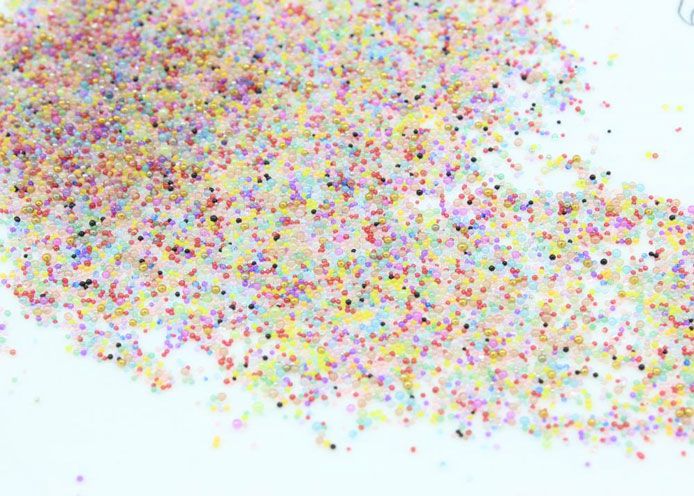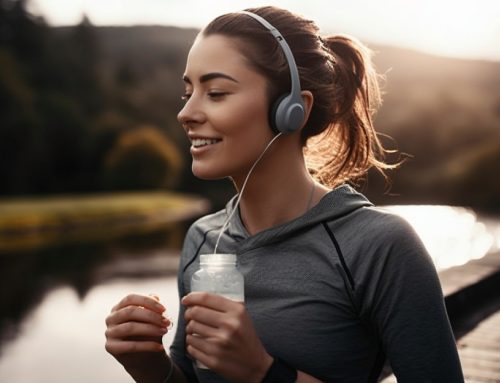The World Health Organization (the WHO), has released a statement on the presence of microplastics found in drinking water. They have also suggested that it doesn’t appear to be dangerous for human consumption whatsoever. However, more research is required to prove that it indeed doesn’t have a dangerous effect on the environment, nor the long-term health of both humans, plants, and animals.
How do Microplastics Reach our Water?
Firstly, microplastics are created by humans and break down by forming miniature particles, which are smaller than 5 millimeters. It has been found everywhere in the environment, and since sea life are already consuming large quantities of proper sized plastic, causing harm and even fatalities, what can the consumption of microscopic quantities thereof, do to humans?
Since microplastics have been found in tap and bottled water, due to the result of our treatment and general distribution systems, it’s difficult to conclude what can be done to remove it from our water entirely.
There’s a reason that a lot of residents living in different countries around the world have stopped consuming tap water altogether, and those who care for the environment, bottled water too.
The WHO still suggests that it doesn’t necessarily pose a risk to human health, but is it deemed adequate to just accept that we are indeed ingesting some version of plastic daily?
Since the data presented regarding microplastics present in water all around the world is very little, one cannot be sure. More research will be required, along with increased efforts to reduce plastic pollution.
Extensive research will be done on the risks associated with the human consumption of microplastics and particles thereof in water, as well as the environment.
Currently, the best option for consuming water is to use either a water dispenser or filtration system, which will balance out minerals, deplete any toxins found in water, as well as remove possible traces of microplastics.
Get bottled water dispensers and mains water dispensers from Living-Water in London.






